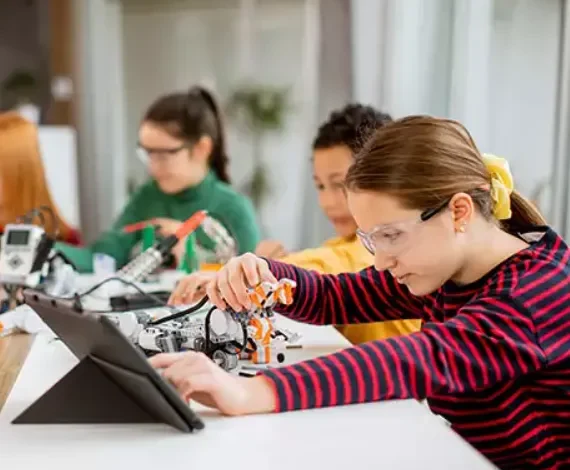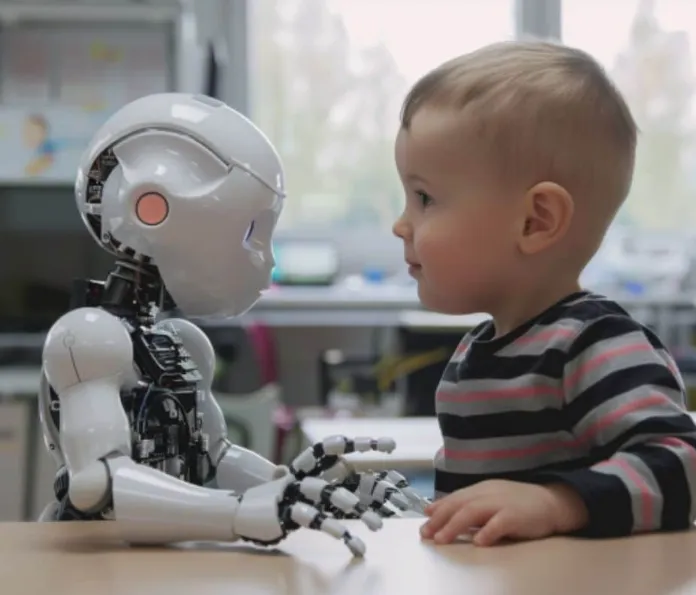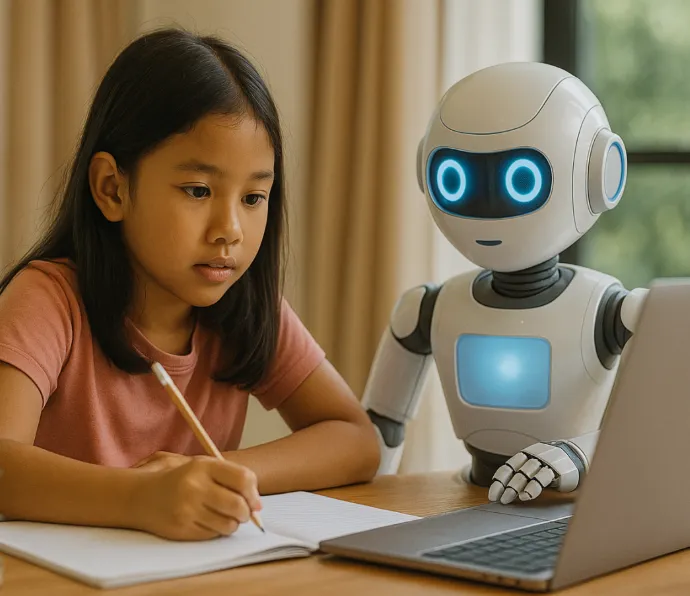How Coding Can Help Children Strengthen Emotional Intelligence

Helping children build emotional intelligence is one of the most valuable investments parents can make in their child’s future. Emotional intelligence (EQ) refers to a person’s ability to recognize, understand, and manage their emotions while also empathizing with others. Strong EQ skills allow children to communicate effectively, handle challenges, and form healthy relationships. While activities like reading, sports, and art are often used to develop emotional awareness, an unexpected tool—coding—can also play a key role in nurturing these skills.
Understanding Emotional Intelligence
Emotional intelligence is made up of several interconnected skills:
- Self-awareness: Recognizing and understanding personal emotions.
- Self-regulation: Learning to control emotional responses, especially during stressful moments.
- Empathy: Identifying and relating to the emotions of others.
- Social skills: Building positive relationships and interacting effectively with peers.
- Motivation: Staying driven and optimistic even when facing challenges.
When children develop EQ early, they gain the ability to handle conflicts calmly, communicate their feelings, and navigate friendships with confidence.
Ways to Help Children Build EQ
Encouraging emotional growth starts at home. Here are some practical strategies parents can use:
- Encourage Emotional Expression: Create a safe space for your child to talk about their feelings. Ask them open-ended questions about their day and help them put their emotions into words.
- Teach Emotional Regulation: Introduce calming strategies such as deep breathing, positive self-talk, or stepping away from tense situations.
- Develop Empathy Through Perspective-Taking: Use stories, movies, or real-life situations to ask your child how others might feel, encouraging them to see different points of view.
- Strengthen Social Skills with Group Activities: Team sports, clubs, and group projects help kids practice communication, cooperation, and conflict resolution.
While these approaches are effective, coding offers a surprising and unique way to enhance these same emotional skills.
How Coding Supports Emotional Growth
1. Problem-Solving Builds Resilience
Coding involves trial and error, testing solutions, and learning from mistakes. This process helps children develop patience and a calm, solution-oriented mindset. Over time, they begin to see setbacks as opportunities to grow, a key component of emotional regulation.
2. Confidence Through Achievement
Completing a coding project or debugging a tricky problem gives children a strong sense of accomplishment. That confidence translates beyond programming, empowering them to express themselves more openly and tackle challenges with optimism.
3. Patience and Persistence
Programming often requires sustained focus and delayed gratification. Learning to stick with a problem until they find a solution teaches kids perseverance, self-control, and the ability to manage frustration effectively.
4. Collaboration and Communication
Many coding environments encourage teamwork, whether in coding camps, online communities, or group projects. Working with peers teaches children to communicate clearly, share feedback respectfully, and understand different perspectives—essential EQ skills that will serve them throughout life.
Coding as a Bridge Between Technical and Emotional Skills
Coding is often seen as a purely logical activity, but it’s also a creative outlet that challenges kids to think critically and work collaboratively. When children code, they not only gain technical knowledge but also strengthen emotional resilience, empathy, and teamwork.
Helping your child explore programming while encouraging emotional development creates a powerful combination of skills. These abilities will prepare them to succeed in school, build strong relationships, and adapt to the ever-changing demands of the future.
By introducing coding as a tool for both intellectual and emotional growth, you’re giving your child a head start in becoming a well-rounded, confident, and capable individual.







